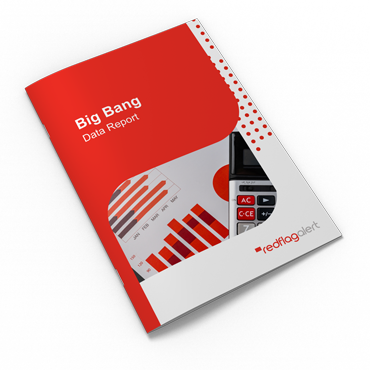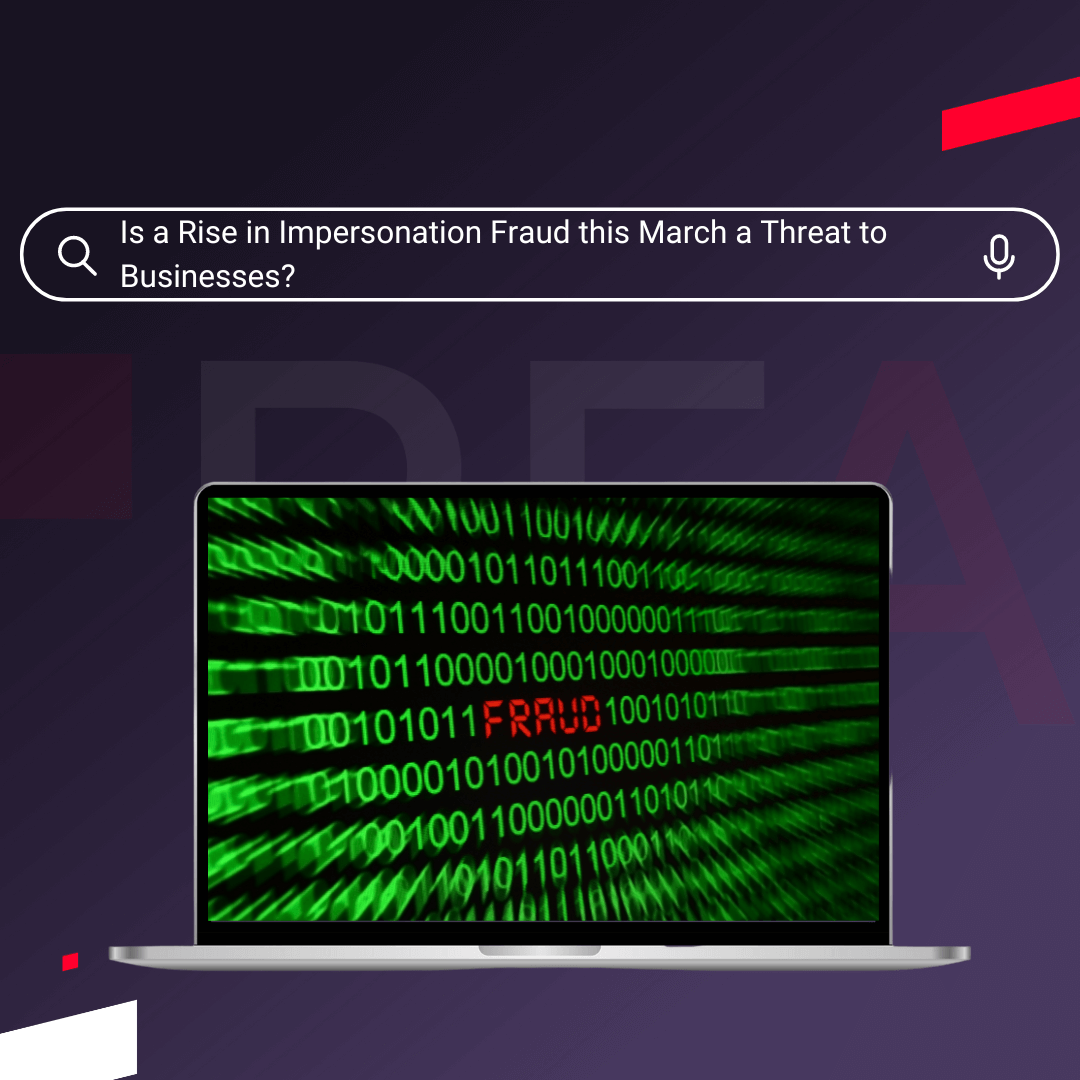There are several obvious signs that a company is in danger of failing: there can be large-scale redundancies, non-payment of suppliers, office or store closures and hiring freezes.
But all too often these signs emerge too late. As a creditor, it’s important to keep your eye out for less obvious signs of trouble that can give you an advance warning, enabling you to protect your business. One of these signs is companies changing their accounting period.
In this article, we’re going to look into why a change in year-end is a red flag that needs investigation.
Legitimate Decision?
There are several reasons why a company might choose to change its financial year-end, and sometimes it may be for legitimate reasons.
The rules state that you can change your company’s year-end (for the current financial year or the one just before it) as many times as you like if you are shortening it, but you can usually only increase your company’s financial year to a maximum of 18 months once every five years.
Some non-suspicious reasons why a company might change its accounting period include if it wants to align accounting dates with other companies in the same group (parent companies or subsidiaries) or to move it to a quieter trading time of year to help with staff workloads.
When Alarm Bells Should Ring
However, there are a host of other reasons why a company might change their financial year-end that should be a cause for concern – usually, it suggests that they are trying to buy some time before problems in the business are uncovered.
For example, if the company is due to be audited for the past financial year, management can try to delay this by lengthening the accounting period. This is usually an attempt to sort out issues that will be found during the audit.
Similarly, if the company has something to hide and a deal is about to be struck, extending the accounting period can hide this information from the other party. Again, as a creditor this is something you need to monitor.
Sometimes the intentions can be less clear cut. For example, a common reason for changing year-end is to improve cash flow by deferring corporation tax payments. This may be sensible financial management, or it may be a sign that the company is struggling and a warning of greater problems to come.
In any of these situations, creditors need to keep an eye on these developments and be seeking reassurances from the business – or taking precautions against any worst-case scenarios. The earlier you can be aware of changes in accounting periods, the better.
Learning From Experience
Accounting period changes are a common precursor to administration, with many recent examples of companies changing their year ends – often by lengthening and then shortening periods to avoid filing accounts – shortly before going into administration.
Several administrations from the second half of 2019 alone highlight how widespread this practice is.
In October 2019, Toto Energy Limited was the 17th ‘challenger’ energy supplier to go out of business. Toto published dire financial statements up to April 2017, but then extended the following financial year by six months and then shortened their reporting period by a day, buying a further three months for filing.
Creditors weren’t able to see any accounts for the 18 months following the poor results and before administration; this resulted in a total of £15.9m being owed to 126 unsecured UK creditors.
The tactic of shortening accounting periods by a day to avoid filing results can be just as suspicious as extending year ends. Marcus Worthington and Company, a Lancashire-based construction company with a £40m turnover, did exactly that before going into administration in October 2019 while owing £14.6m to 584 UK creditors.
Similarly, Tomlinsons Dairies avoided publishing accounts past March 2017 by shortening and then extending their accounting period. When it went under in mid-October, it owed £6.7m to 150 UK creditors.
Digital agency Chalk Global went into liquidation in July 2019, owing over £1m to 24 creditors. In January 2019 it had extended its previous accounting period for three months, meaning that creditors hadn’t had visibility of results past September 2017.
These four examples alone, spanning several industries and regions, cost 884 unsecured creditors a total of over £38m.
Protect Yourself from Bad Debt With Red Flag Alert
Examples like these highlight the real dangers posed to creditors. However, there are critical steps you can take to mitigate these risks.
Red Flag Alert is a business intelligence solution that provides real-time business data on 6.5 million UK businesses. It’s powered by an algorithm that has evolved over decades to provide financial health ratings that are highly specific to each business. This allows us to make remarkably accurate predictions on business failure and company credit scores.
We monitor when companies change their accounting periods, building this into their financial health rating.
This is important, because knowing as soon as possible when a company is struggling allows you to take steps to protect yourself from the possibility of bad debt. To find out more about how Red Flag Alert's credit checking software can help you spot when companies may be a risk, book a demo today. See a snapshot of the data we provide






